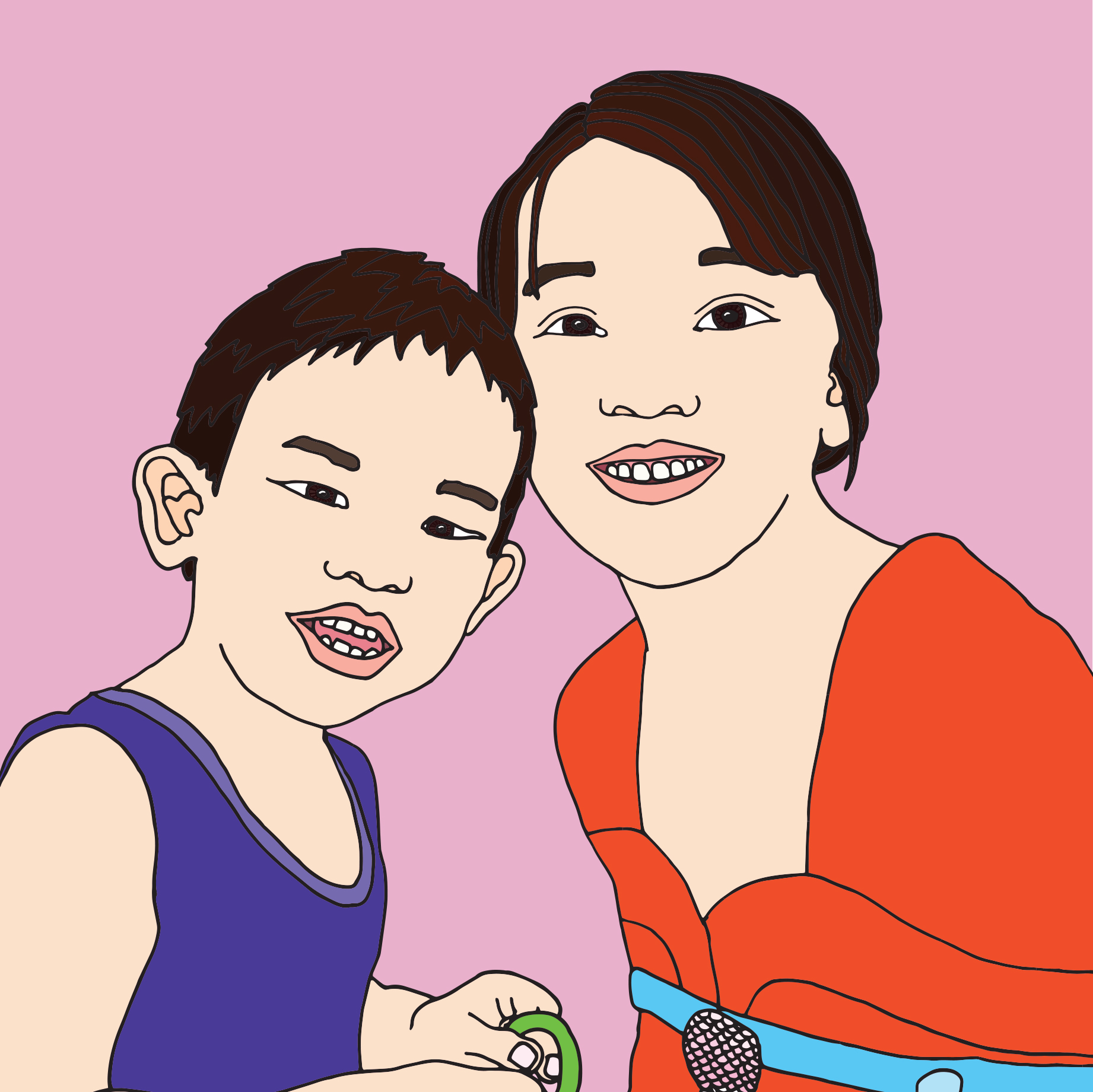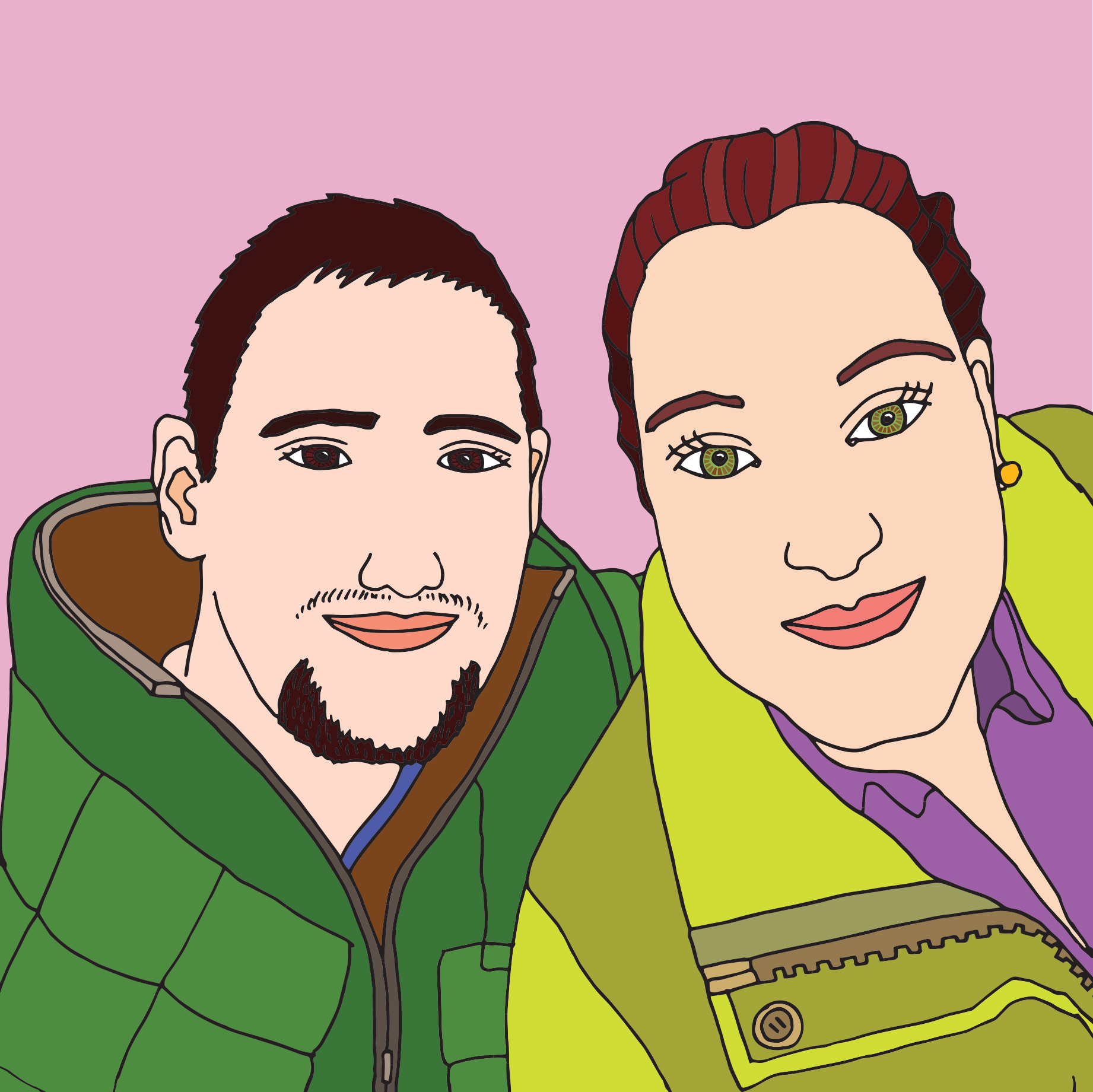Postpartum Mental Health Conditions

Receive the support you need to feel emotionally and mentally well.
Everyone feels down from time-to-time and especially postpartum parents. Life with a newborn can be a rollercoaster ride of emotions. One minute you can feel overjoyed and the next you can be in tears – many mothers and fathers experience these feelings in the first weeks with a new baby.
Your hormone levels are shifting, you may feel overwhelmed by the responsibility of caring for your new baby, and you might be disappointed by the sex if you didn’t find out during your pregnancy. You’re probably feeling sore and tired as well. You may also be processing the birth, especially if it didn’t go how you’d hoped. So, being tearful at times is very normal. Be patient with yourself as you come to terms with this new stage of your life, it’s going to take some time to adjust physically, mentally, and emotionally.
If you’re finding the transition to motherhood challenging or if you are struggling to adjust with another child, there is support available to you. It’s important to seek help right away. In the 4-6 weeks after birth, your midwife will be visiting you regularly to see how you’re doing as well as checking up on your baby. Be honest when they ask you how you’re feeling – they’re here to help you and will not pass any judgement.
Just a Thought is a free online learning tool that has been designed to help improve your mental wellbeing. Visit justathought.co.nz to sign up.
- If you think you or someone you love has postpartum depression, see our article for more information.
- Some mothers have an onset of anxiety after their baby is born – you may or may not have experienced this previously. It is usually characterised by continuous or excessive worry and tension with little or no cause. You may have difficulty relaxing, functioning properly and feel ‘on edge’. The anxiety may manifest physically, causing symptoms such as a racing heart, shallow breathing, shaking and sweating, nausea, or headaches. See anxiety.org.nz for advice.
- Occasionally, bipolar disorder can occur for the first time after birth. It is a mood disorder where the person has episodes of mania or hypomania (high) and depression (low). If you’re worried that you may have bipolar disorder, you can take the Black Dog Institute self test.
- Anxious symptoms are a normal response following a traumatic event but generally these feelings will resolve within a month or so. If they continue, worsen or do not resolve, a person may be experiencing Post Traumatic Stress Disorder (PTSD). For some parents, childbirth or events during pregnancy or after birth can induce PTSD, causing emotional and behavioural difficulties, in which case the postnatal period can be even more challenging than usual. See mybirthstory.org.nz for birth trauma support and resources.
- Postpartum psychosis is a rare but serious condition where the person has mood disturbances and is out of touch with reality, such as having delusions or hallucinations. It usually begins within the first 2-4 weeks following birth but may occur later than this. It can pose an increased risk of harm to the baby and the mother, therefore early recognition and urgent treatment is required.
MENTAL HEALTH SUPPORT SERVICES
If you think you have depression, anxiety or you aren’t coping with your mental health in any way, there is treatment and support available to you.
-
Speak to someone you trust like your husband, wife, partner, friend or family member about how you are feeling.
-
Visit Perinatal Anxiety & Depression Aotearoa at pada.nz.
-
Call 0800 LIFELINE (0800 543 354) to speak to a qualified counsellor for free 24/7.
-
Seek professional help – book in to see your GP or speak to your LMC or Well Child Tamariki Ora nurse about how you’re feeling.
-
Call 111 in an emergency.



